AT THE time of writing, the result isn’t in from the general election.
But it is fair to say that Rishi Sunak had to endure an undercurrent of racism, not only during the election campaign, but even before he became Conservative party leader.
Some of it is overt. When Rishi and Liz Truss contested the Tory party leadership in the summer of 2022 following Boris Johnson’s resignation, a man called Jerry told LBC: “Rishi isn’t even British….he doesn’t love England. Having a British passport doesn’t mean you are a true British patriot…85 per cent of the British people are white English people, and they want a prime minister that reflects that…”
In early June, when Britain, France and America commemorated the 80th anniversary of the D-Day landings, Rishi made the serious mistake of cutting short his trip to events marking the sacrifices made during the Second World War.
Nigel Farage called him a ‘P***’ without using the word: “This man is not patriotic. Doesn’t believe in the country. Its people, its history or frankly even its culture. If you’re a patriotic voter, don’t vote for Rishi Sunak.”
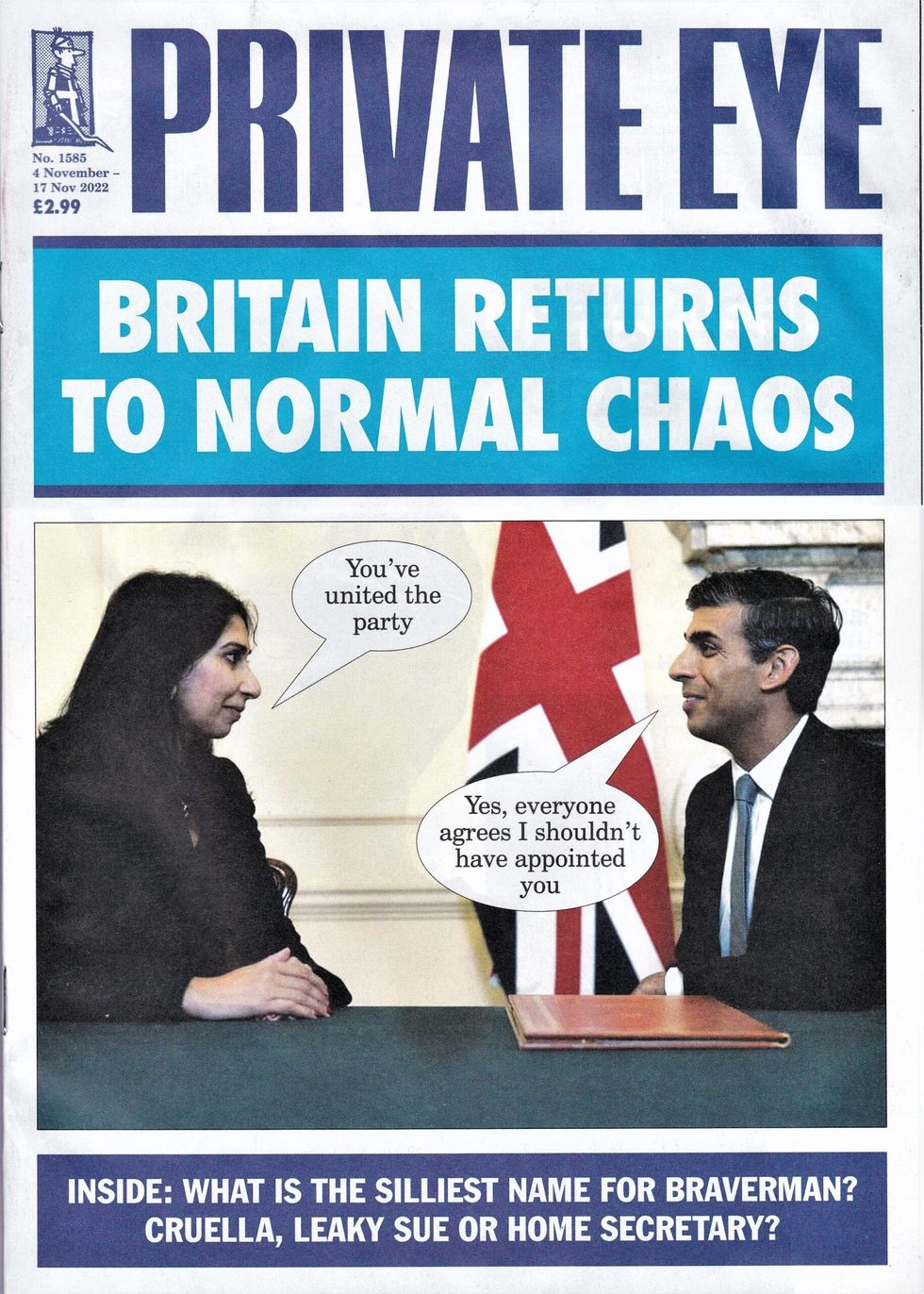
All this partly explains why a campaigner for Farage’s Reform party – this is made up mostly of defectors from the far right of the Conservative party, plus others with near Fascist, “anti-immigrant” inclinations – described Rishi last week as a “f****** P***”.
To be sure, cartoons are meant to be caricatures. But one cartoonist on a national newspaper depicts the prime minister in a way designed to send the subliminal message that “he’s not quite one of us”.
There are subtler ways in which Rishi has been undermined. Although it is suggested Reform will take votes from Tory candidates and thus help Labour, Farage has been given huge amounts of space in right-wing newspapers totally out of proportion to his importance. Even Farage’s bombastic claims – “Mark my words: Reform will be the next opposition, then government awaits” – have merited serious coverage.
Farage also boasted that after the election, “I won’t join the Tories…they’ll join us”.
To a very great extent, he has been created by the right-wing media with the aim, it seems, of undermining Rishi and the “One Nation” centrist wing of the Conservative party.
Photographs can be used to manipulate public opinion. This is most apparent in the way the differences, mostly made up, between William and Catherine, the Prince and Princess of Wales, and Harry and Meghan, the Duke and Duchess of Sussex, are covered.
When Farage changed his mind and announced he would, after all, stand for parliament, the Evening Standard had him puffing a cigarette: “Tory hopes go up in smoke.”
Another story had Farage accusing Rishi of lacking the guts to take the UK out of the ECHR (European Convention on Human rights), as though this was a desirable ambition. The accompanying photograph had Farage posing with a gun at a clay pigeon shooting in Cheshire. It was meant to burnish his “rural credentials”.
Sir Keir Starmer and the opposition Labour party chose not to attack Rishi’s 18 months as prime minister, but “14 years of Tory rule”.
But Rishi has had to put up with enemies in his own party. Take, for example, Lord Zac Goldsmith, younger brother of Jemima Khan, who said: “I understand the anger towards Sunak, who has damaged the party almost beyond repair and all but guaranteed the majority of his MPs will lose their job next month. The hope is when Sunak disappears off to California in a few weeks’ time, there are at least some decent MPs left around which to rebuild.”
When Goldsmith ran unsuccessfully for mayor in 2016, he said his Labour opponent, Sadiq Khan, the Muslim son of a bus driver, “has tried to silence questions about his links (to extremists) by shamelessly accusing anyone who raises them of being Islamophobic”.
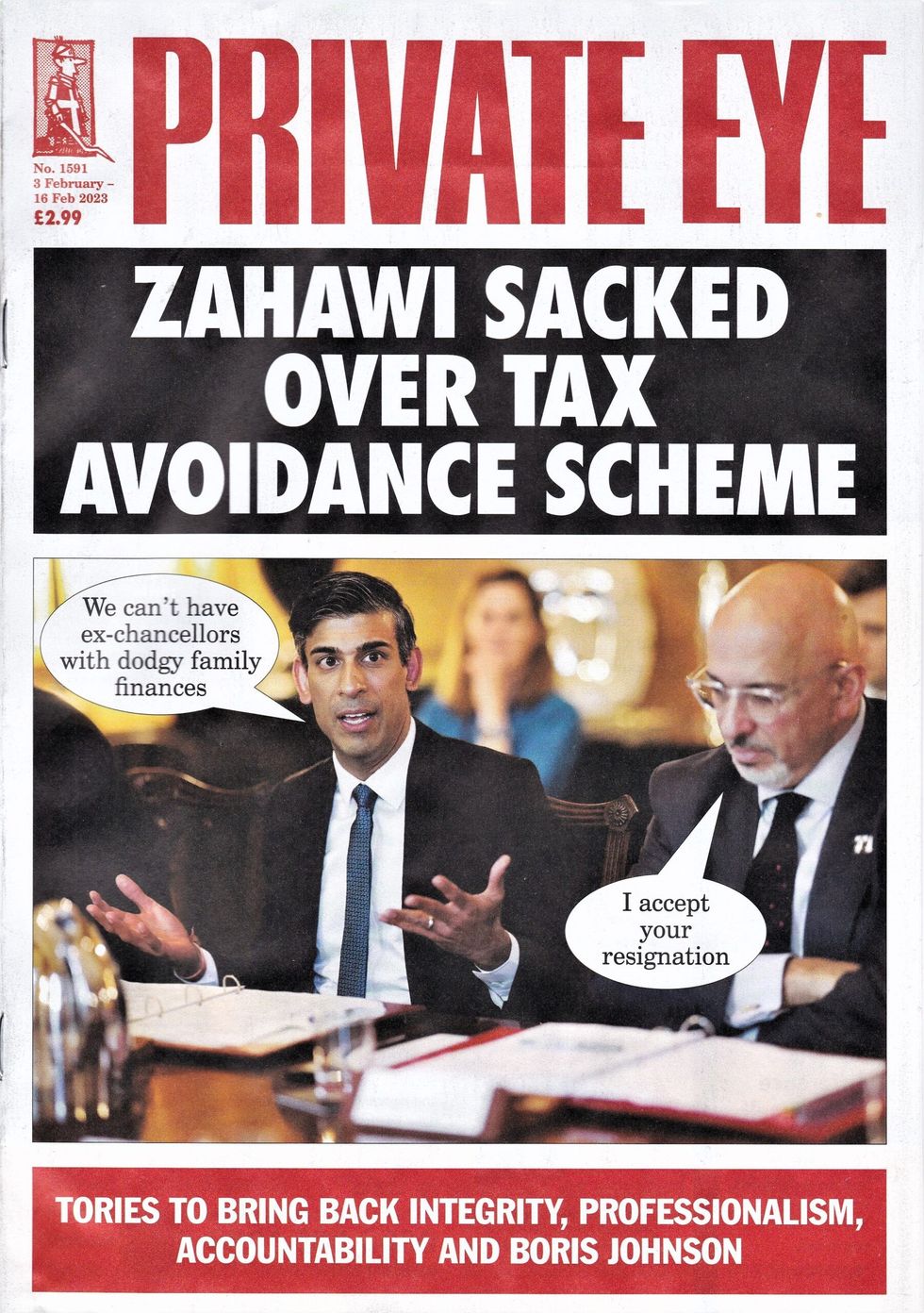
British politics has also witnessed “Indian vs Indian” drama. Suella Braverman, who goaded Rishi into sacking her as home secretary, has not forgiven the prime minister. In her resignation letter, she said he had “manifestly and repeatedly” failed to deliver on policy priorities. “Either your distinctive style of government means you are incapable of doing so. Or, as I must surely conclude now, you never had any intention of keeping your promises.”
She was given a newspaper column to pursue her vendetta. Although of Goan origin, Suella has campaigned for Indian student numbers to be cut and for Britain to take an even harder line on immigration than the prime minister. Right-wing politicians ignore the fact that, according to the 2024 Grant Thornton India meets Britain Tracker report, 971 companies from India, with combined revenues of £68.09 billion, employed 118,430 people, mainly white, in 2023.
Rishi himself has tried to appease his rightwingers, on visas for example, which is one reason why he failed to clinch a Free Trade Agreement with India.
Boris has not campaigned at all, but has sent letters mainly supporting Tory MPs who had called for Rishi to step down.
Going back to October 2022, Rishi’s elevation to prime minister marked a truly historic moment for a multicultural Britain.
Rishi, who has always emphasised his Hindu upbringing, lit Diwali diyas outside his residence, 11, Downing Street, when he was chancellor under Boris.
And when he moved next door to No 10, he was happy to be photographed with a statue of Ganesh on his table.
Last week, Rishi was surrounded by supporters in saffron when he canvassed Hindu voters in the Shree Kutch Satsang Swaminarayan Temple in Harrow, north London.
He explained: “In Hinduism, there’s a concept of duty called dharma, which is roughly translated as being about doing your duty and not having a focus on the outcomes of it.”
Rishi’s rise in politics has been quick, perhaps too quick. From the time he was first elected an MP in 2015 at the age of 34, he was tipped for stardom as the most brilliant person of his generation. He wasn’t given credit for the things that really mattered – saving millions of jobs with his furlough scheme during the pandemic when he was chancellor. He also brought inflation down from 11 per cent, triggered by Truss’s disastrous 49- day period in office, to two per cent.
But there is an old adage in Britain that all political careers end in failure.
The satirical magazine Private Eye put Rishi on its cover numerous times. These will soon become collector’s items.


















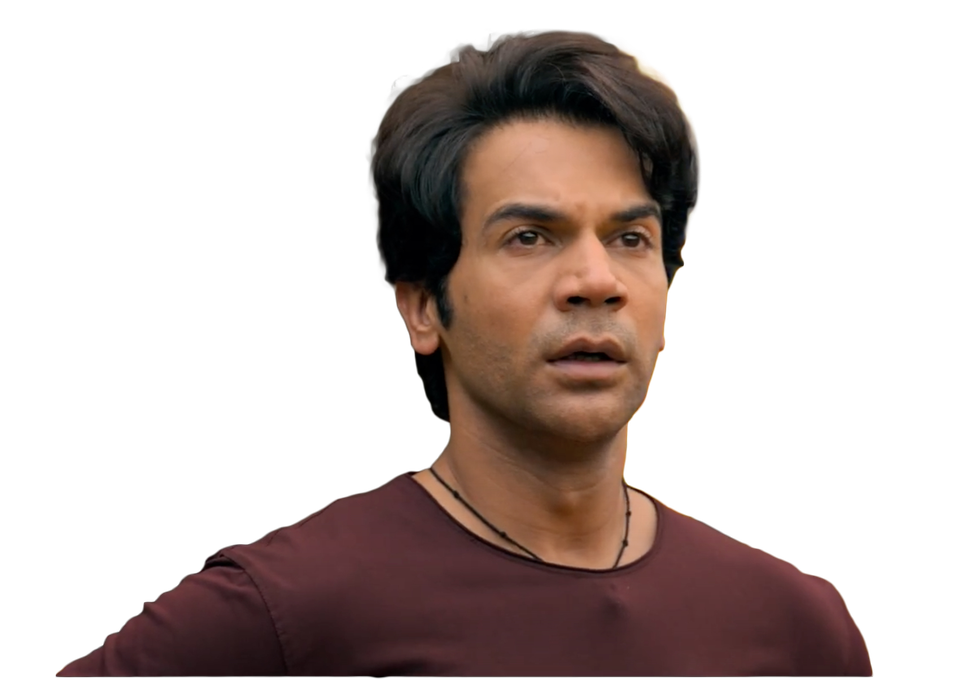 Bhool Chuk Maaf
Bhool Chuk Maaf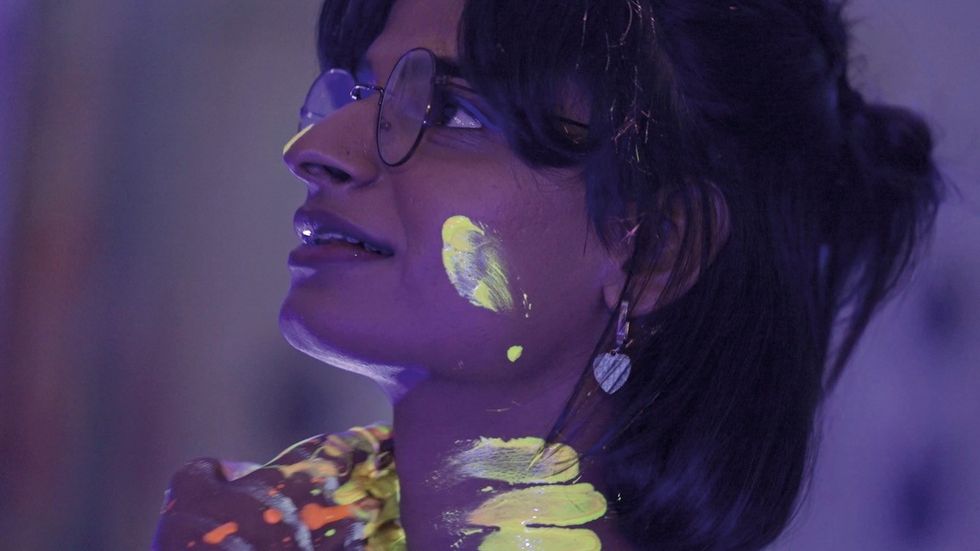 If You Know You Know
If You Know You Know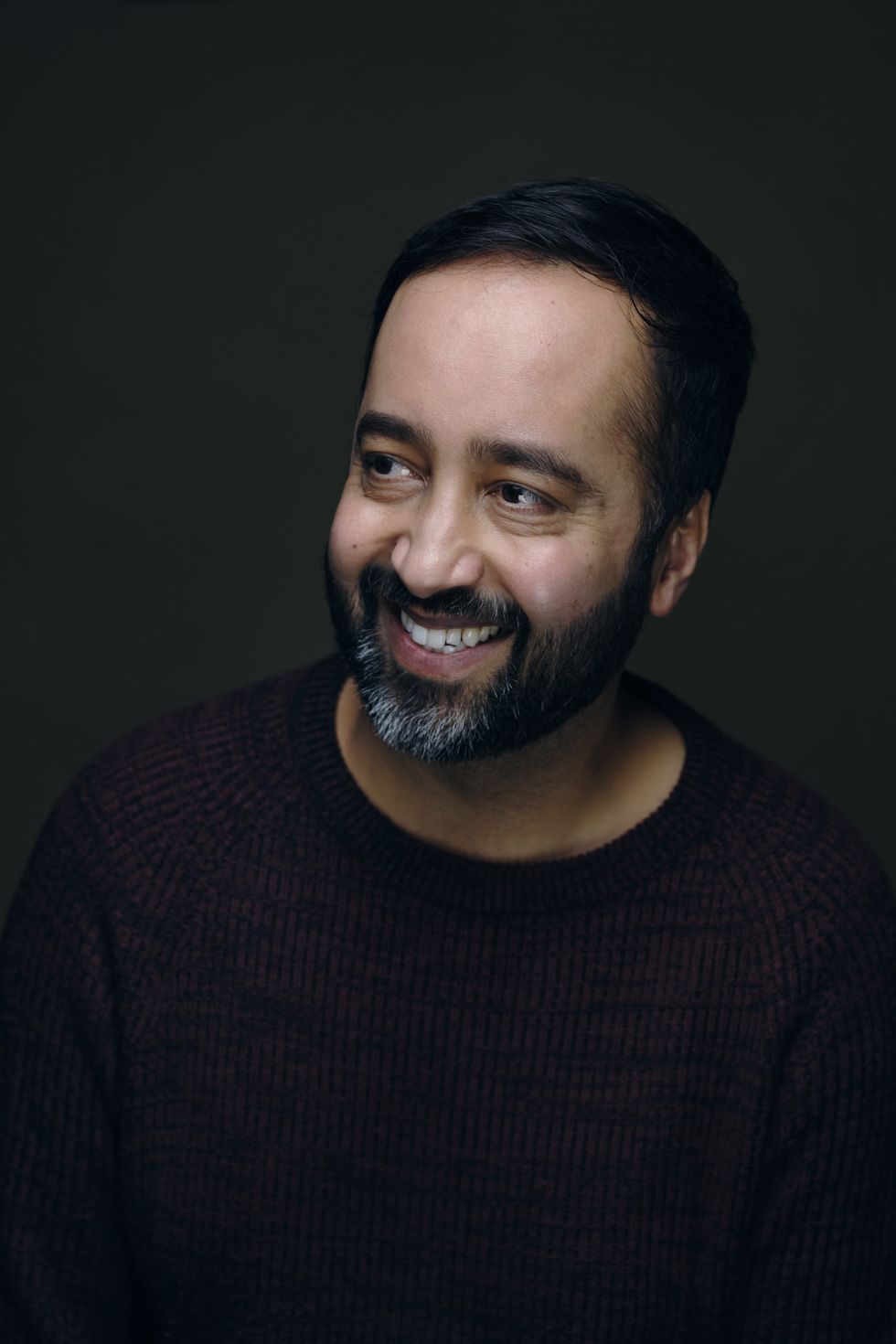 Asif Khan
Asif Khan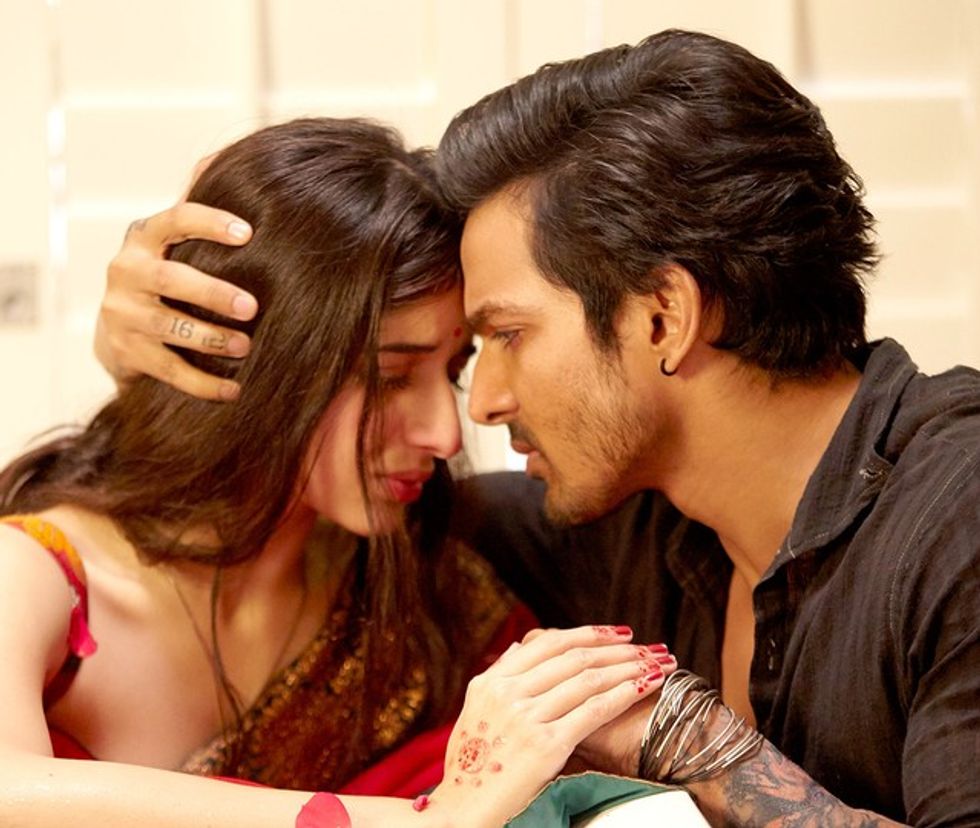 Sanam figure out why. Teri Kasam
Sanam figure out why. Teri Kasam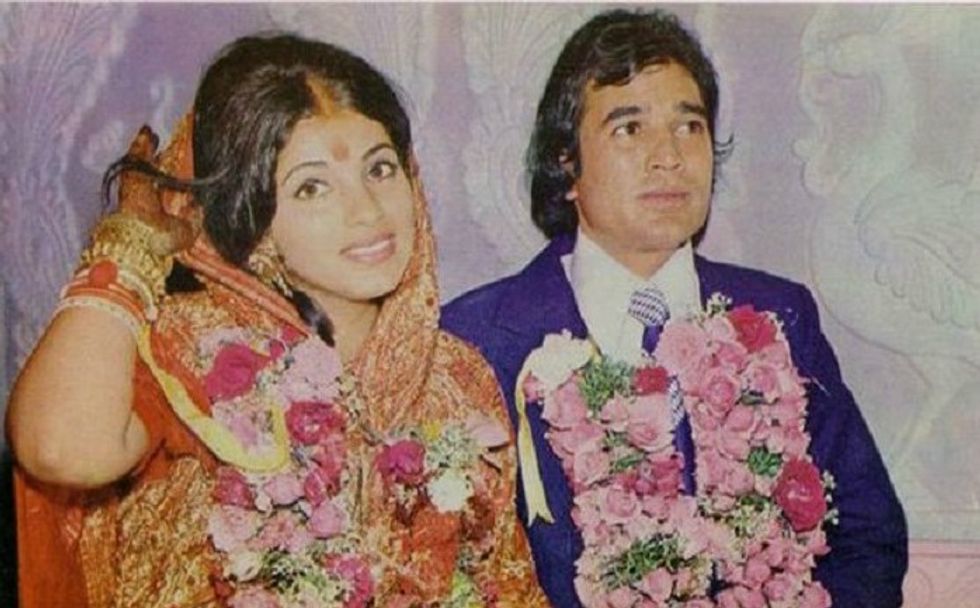 Dimple Kapadia and Rajesh Khanna on their wedding day
Dimple Kapadia and Rajesh Khanna on their wedding day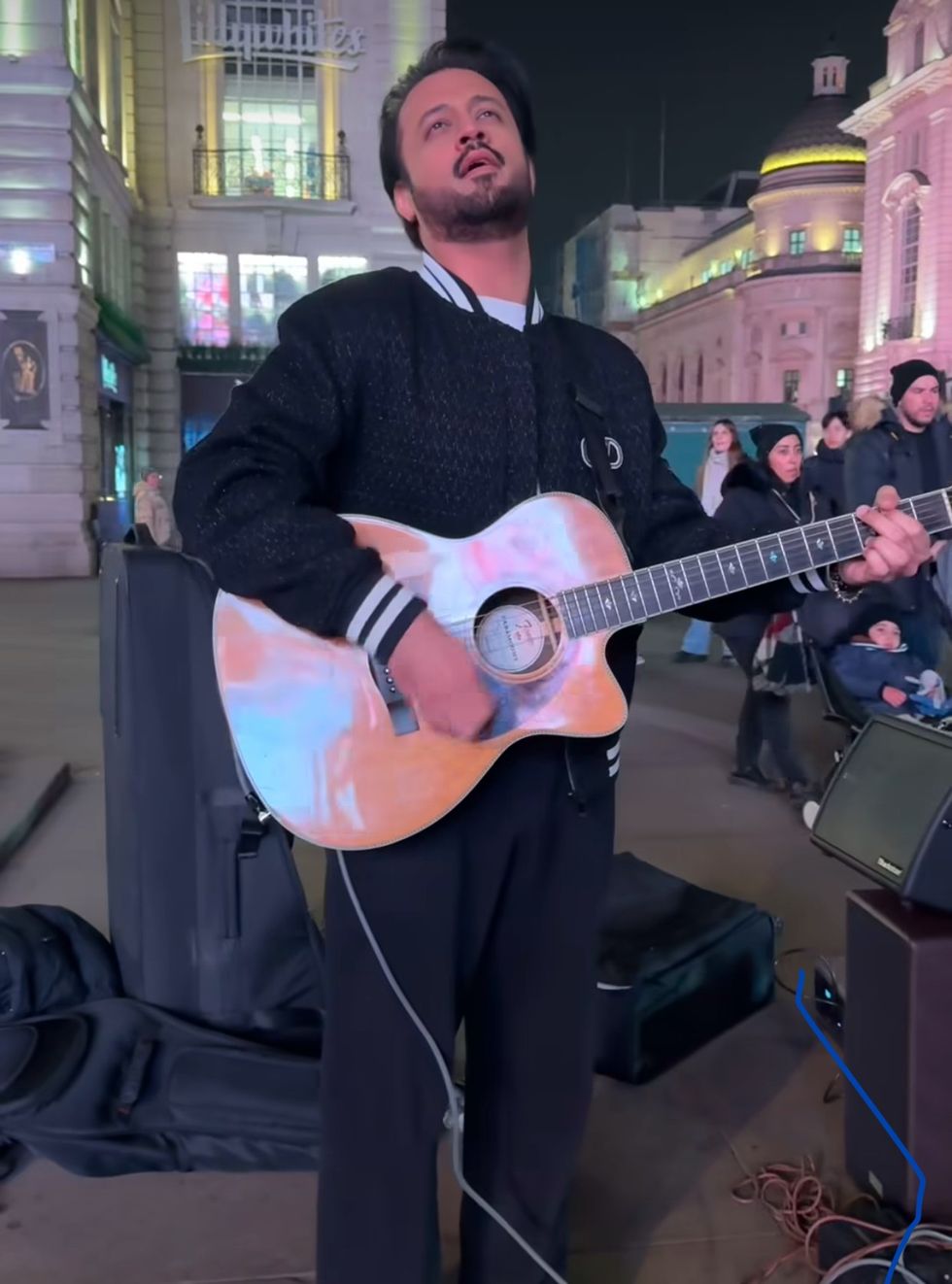 Atif Aslam
Atif Aslam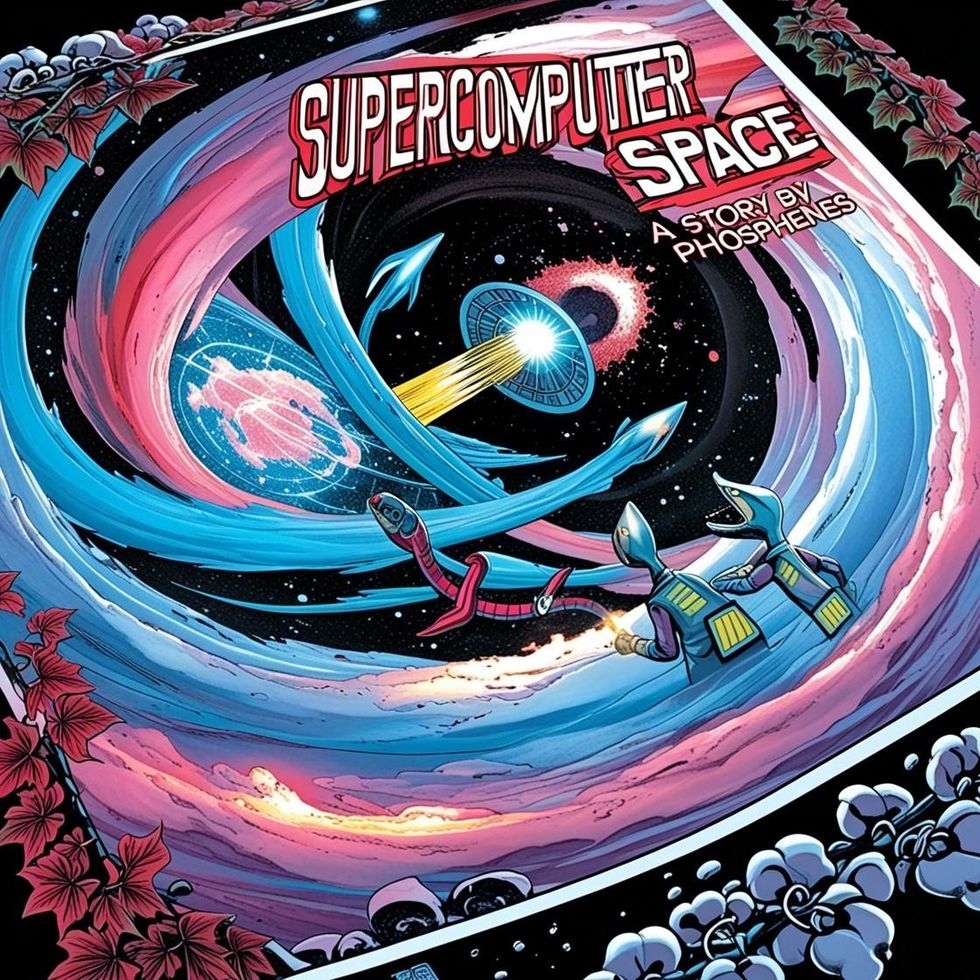
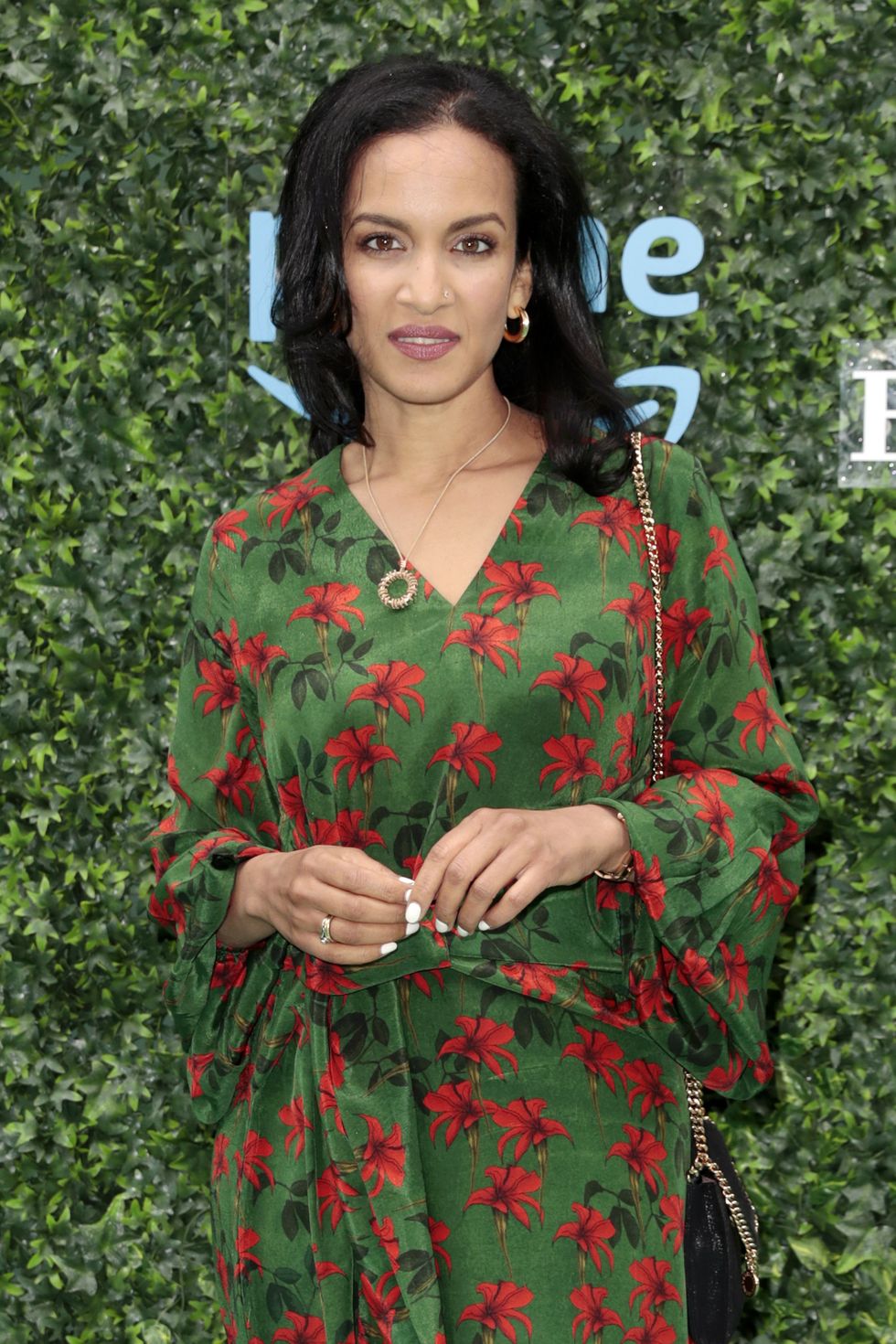 Anoushka Shankar
Anoushka Shankar Nilesha Chauvet
Nilesha Chauvet 
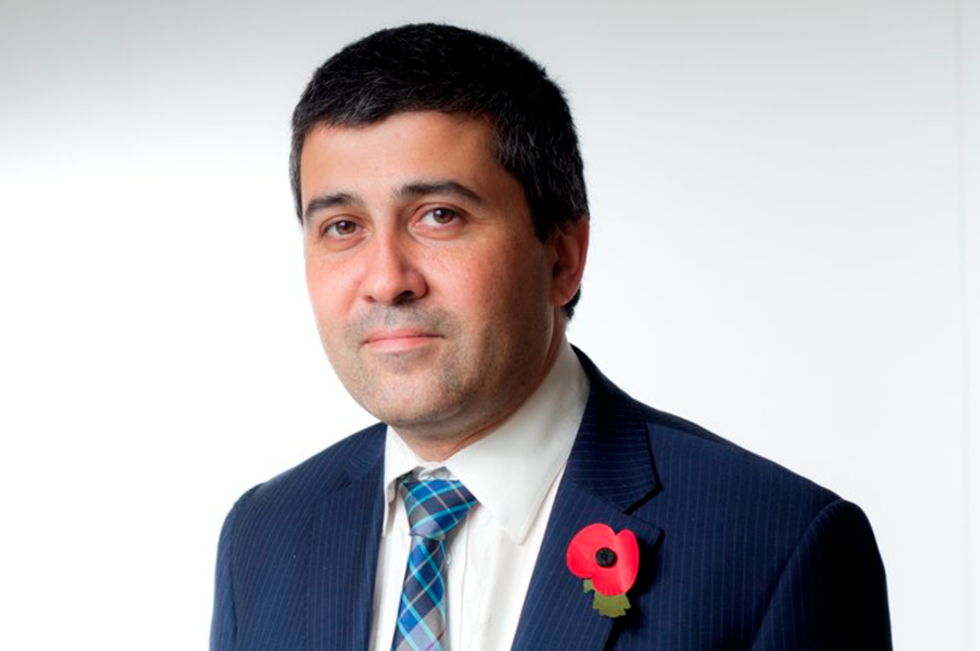

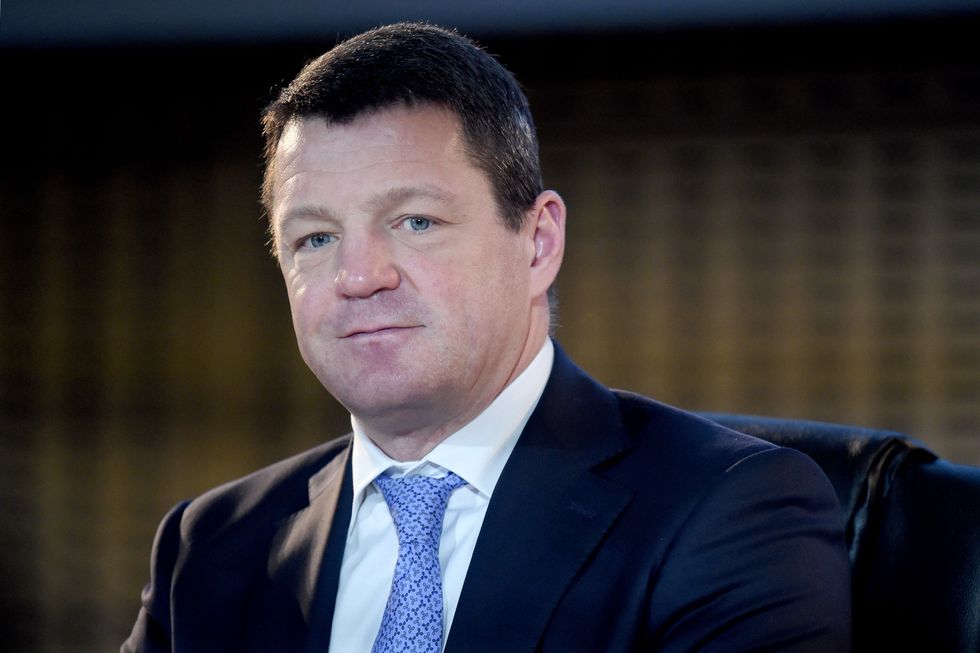 Pieter Elbers
Pieter Elbers
